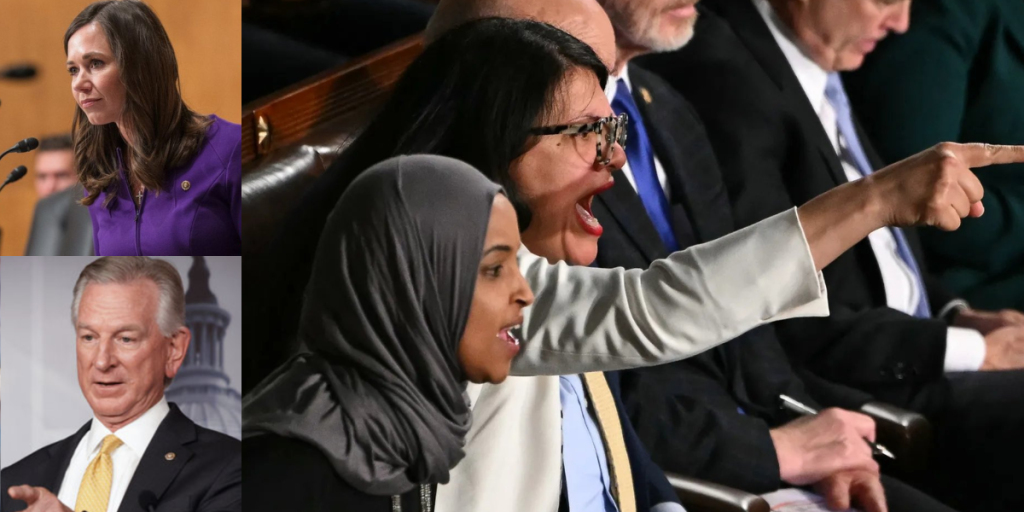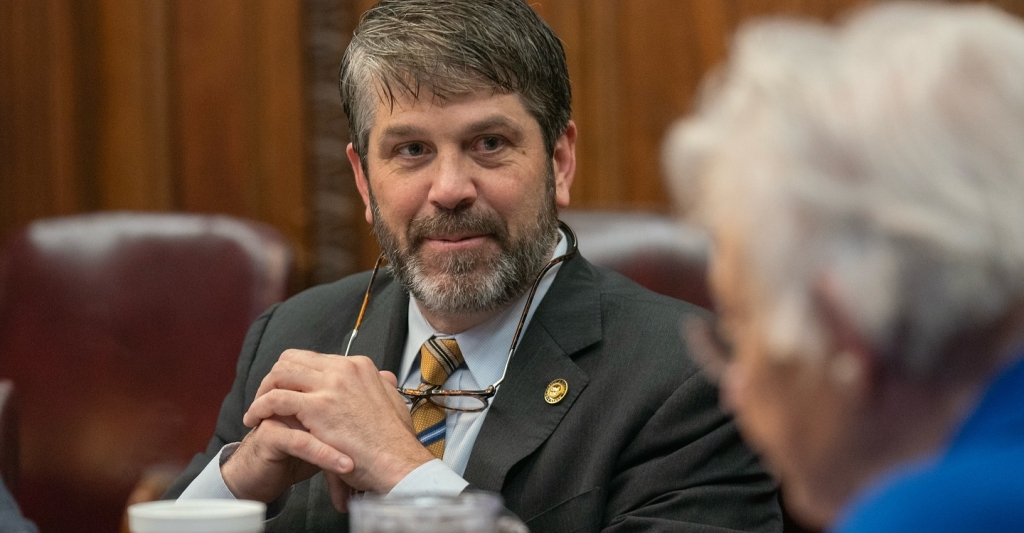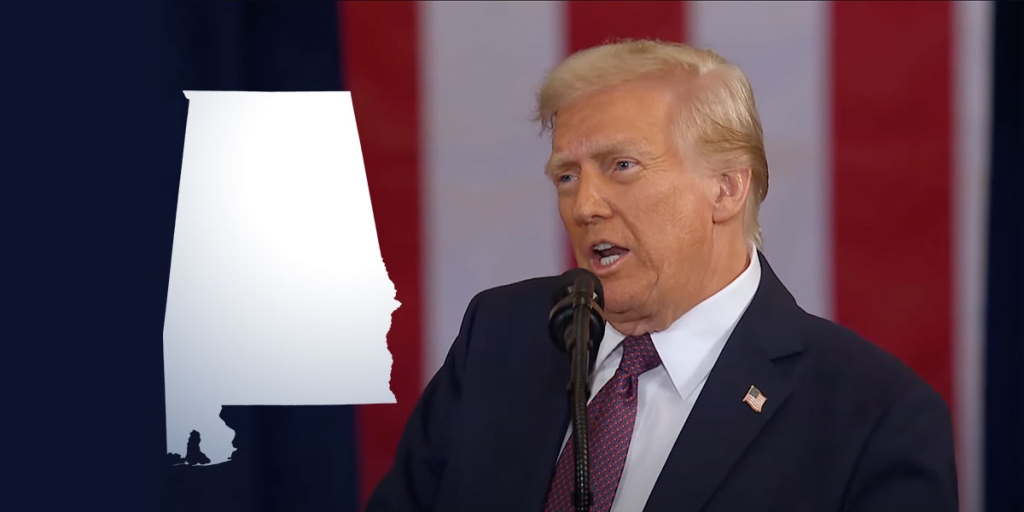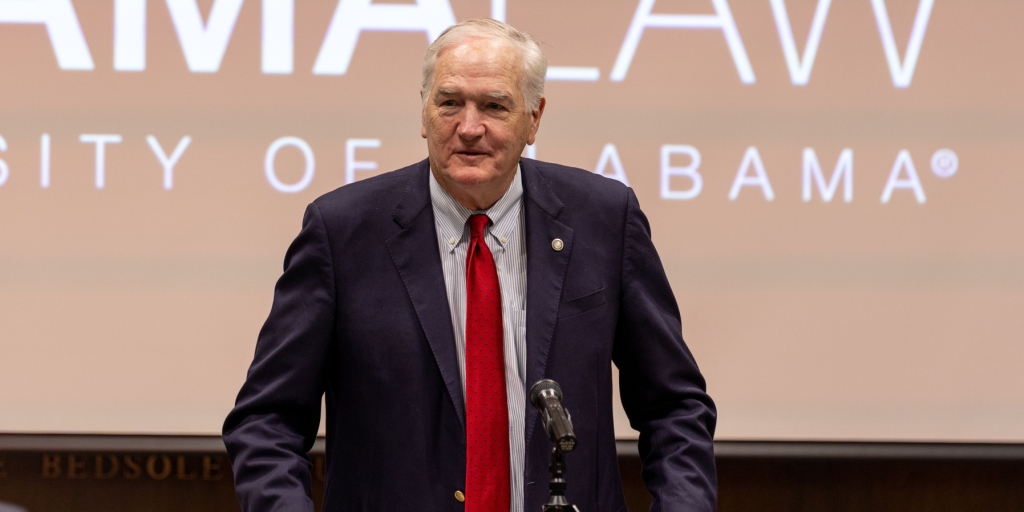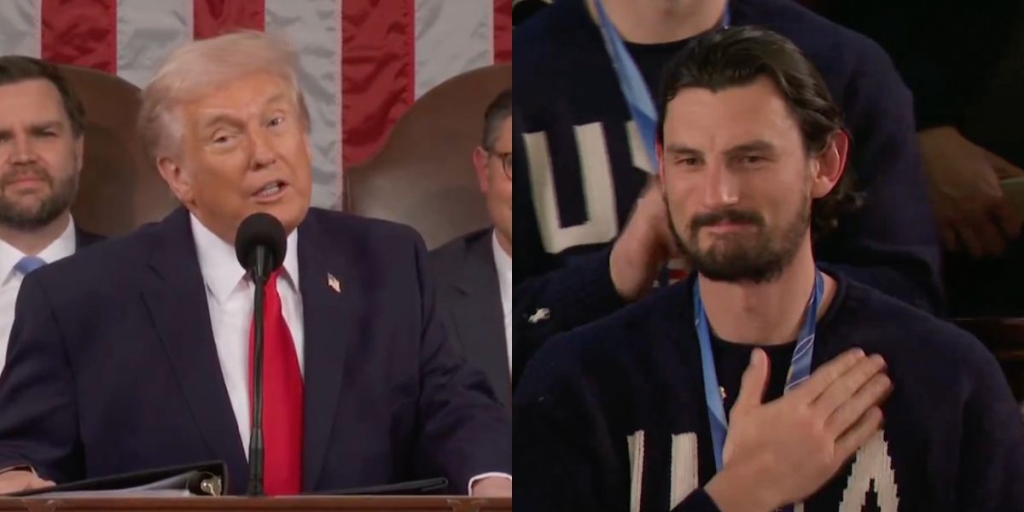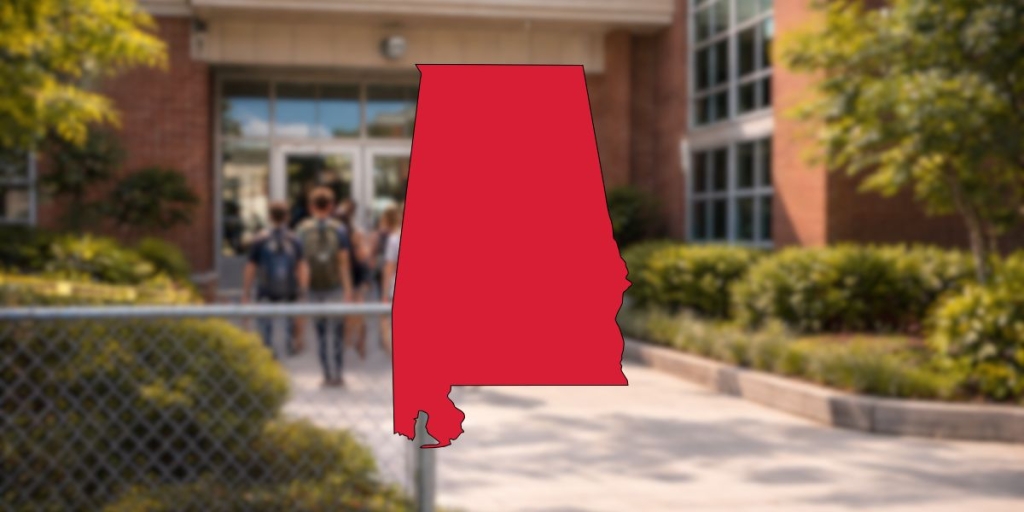
Alabama businessman Shaun McCutcheon told Yellowhammer in September of last year that he wanted to “change the world.” With the United States Supreme Court’s April ruling in his case, McCutcheon v. FEC, it’s safe to say he has done exactly that, especially when it comes to the world of politics.
Political donors are currently subject to limits on the amount of money they can contribute to candidates. $2,600 is the most a donor can give to any one candidate. That’s called the “base limit.” This number is the amount of money the Federal Election Commission believes protects donors’ First Amendment right to engage in the political process, while remaining below the threshold at which a donor could “buy” too much influence with a candidate or elected official.
But on top of the base limit, there is also a cap on the total sum of money a donor can donate to federal campaigns in general. It’s called the “aggregate limit,” and it’s set at $123,200. Or it was until McCutcheon came along.
In a 5-4 decision, the Supreme Court side with McCutcheon and ruled that the aggregate limit on federal campaign contributions is unconstitutional.
The case immediately supplanted Citizens United as the most significant U.S. election law decision in modern history.
Most people still have no idea who Shaun McCutcheon is, or the significant impact he’s had on the landscape of democracy in America.
But people are beginning to take notice, especially in the nation’s capital.
Last week, Politico released its inaugural Politico 50, a list of “thinkers, doers and dreamers who really matter in this age of gridlock and dysfunction.”
The list includes US Senators, a Federal Reserve Chairman, two secretaries of defense, a commander of U.S. Special Operations Command and the Pope, among others.
But sandwiched among those world leaders at number 34 on the Politico 50 is Shaun McCutcheon.
Here are some excerpts from Politico’s write up on the Alabama native:
Perhaps Shaun McCutcheon didn’t set out to help rewrite the definition of political speech in America, but that is precisely the effect he is having…
How did this small-town Republican come into the picture? At one point during the 2012 campaign season, McCutcheon had contributed more than $33,000 to 16 GOP candidates and was ready to give more, but he learned doing so would put him above the $46,200 “aggregate limit” an individual at the time could give to federal candidates each election cycle, a ceiling he had never heard of. McCutcheon decided to fight the law, filing suit against the FEC and insisting that it was within his First Amendment rights to donate to as many candidates as he wished. His plan worked…
McCutcheon insists he was fighting for the rights of insurgent candidates who are less likely than incumbents to have access to unlimited spending power…
He’s a bit poorer for the effort, though: So far, McCutcheon has donated to 30 candidates in 2014 midterm races.
Head over the Politico to read the full article and to check out the Politico 50.
RELATED:
Alabama’s McCutcheon wins stunning victory in U.S. Supreme Court
McCutcheon appears on ‘Meet the Press’
(Video below: McCutcheon interviewed on Yellowhammer’s ‘Exchange’ segment)
Follow Cliff on Twitter @Cliff_Sims




